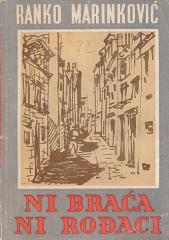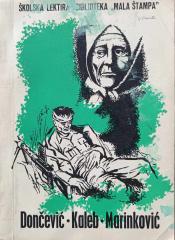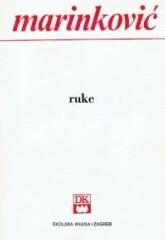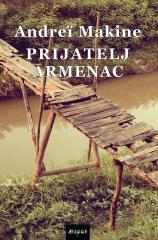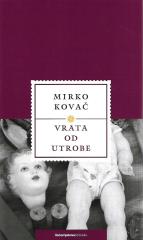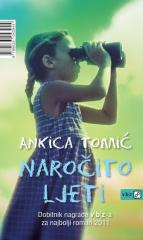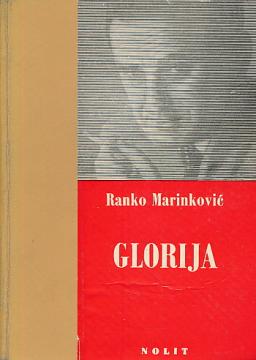
Glorija (mirakl u šest slika)
Die Geschichte erzählt uns vom Leben von Gloria, einer Zirkusartistin, die konvertierte und in die Kirche kam, wo sie Don Jere traf.
Gloria arbeitete im Glanz des Zirkus, beschließt jedoch, ihre Karriere zu beenden, nachdem sie in letzter Minute den Sprung auf das zerrissene Trapez aufgegeben hatte. Sie glaubt, dass die Mutter Gottes sie vor diesem Sprung gerettet hat, und widmet ihr ihr Leben. Während der schweren Kriegszeit besucht er eine Kirche mitten im dalmatinischen Felsengebiet und verändert sein Leben grundlegend. Sie wird zur Nonne Magdalena und versucht, freundlich, aufrichtig und sanftmütig zu sein.
In der Kirche trifft er Don Jere, einen ehrgeizigen jungen Priester, der in der Kirchenhierarchie aufsteigen will. Don Zane, der weise Bibliothekar, blickt ironisch auf Don Jeras Versuche. Don Jere, verzaubert von Glorias Schönheit, beschließt, sie zu nutzen, um Gläubige in die Kirche zu locken und Ruhm zu erlangen. Anstelle der Gottesmutter sitzt Schwester Magdalena jeden Tag wie eine Statue auf dem Altar. Doch Don Jere ist nicht zufrieden, denn seine Gefühle für sie sind eine Todsünde.
Auch der Zirkusartist Floki Fleche, Glorias Vater, kommt in die Geschichte ein. „Gloria“ ist ein Drama, das Dogmatismus und Totalitarismus und die Ohnmacht aller Ideologien symbolisch verurteilt.
Nema primeraka u ponudi
Poslednji primerak je nedavno prodat.
